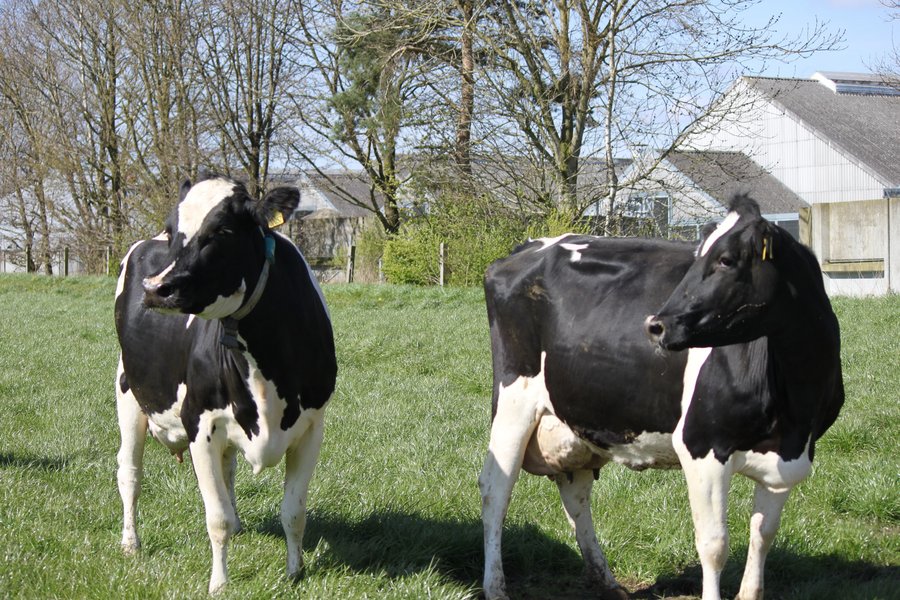Tech’s strategy in practice: 3D cameras and artificial intelligence to identify resource-efficient, climate-friendly cows
In 2020, employees in the focus group for Digitalisation prepared input for the faculty's joint strategy. The aim is for Technical Sciences to contribute with computer-based and data-intensive solutions for the green transition and other societal challenges. This is what we are doing in the Cattle Feed InTake (CFIT) research project.

The CFIT project clearly illustrates the strategic direction that the Faculty of Technical Sciences will be following going forward, as it couples digital solutions with sustainability.
The project is a partnership between the Center for Quantitative Genetics and Genomics (QGG), the Department of Animal Science, VikingGenetics, SEGES and Simherd A/S. The project is using 3D cameras and artificial intelligence to collect data on the feed consumption of individual cows in commercial dairy herds. With this information, Danish farmers can then select more resource-efficient and climate-friendly cows. The project will provide unique practical opportunities for effective and targeted management initiatives to reduce greenhouse gas emissions and benefit farmers’ bottom line.
Professor Søren Østergaard from the Department of Animal Science is part of the CFIT project and the focus group that has worked on Tech's digitalisation strategy. He sees a clear potential in Tech’s strategy to contribute digital solutions to the green transition.
"It makes sense for Tech to have focus here. It’ll be exciting to look at what competencies we have across the faculty, and how we can use these in new projects. For example, in this particular project, we’ll also try to exploit digitalisation in other areas. To weigh the cows and to identify lame cows using image analyses," says Søren Østergaard.
Read more about the CFIT project in the article Artificial intelligence to make Danish cows more resource-efficient and climate-friendly.
The future of the green transition is very much dependent on new digital solutions. For this reason, the focus group for digitalisation has worked on how Tech can fuse digitisation with strategic initiatives in relation to the green transition.
The focus group's overall observations are that Tech is uniquely positioned to contribute to development, as the faculty encompasses expertise, education and research within digitalisation and the green transition. Furthermore, the sectors Tech works with and research into are facing a technological quantum leap that will offer completely new opportunities to find digital solutions to green challenges.